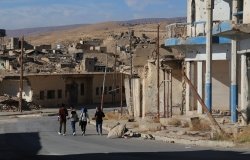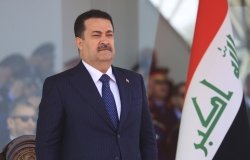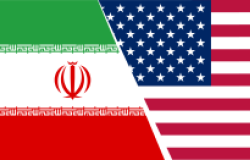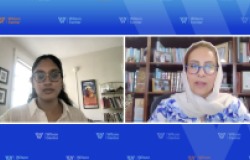UN Nuclear Watchdog Warns on Iran and Syria
By Michael Adler, Public Policy Scholar, Woodrow Wilson Center
The International Atomic Energy Agency, the UN nuclear watchdog, issued new reports today on Iran and on Syria, which show the agency's frustration in verifying these countries' nuclear activities.
The report on Iran shows that the Islamic Republic continues to enrich uranium in defiance of UN Security Council resolutions calling for a halt. Iran now has over 6,000 centrifuges enriching uranium, which can be used to power civilian reactors but also to make atom bombs.
Iran claims it only seeks nuclear power to make electricity and for other peaceful purposes, but the IAEA said Iran continues to refuse to answer questions about the possible military dimensions of its atomic work. The IAEA said it "has received further information related to such possible undisclosed nuclear related activities" and that "there are indications that certain of these activities may have continued beyond 2004"—beyond, that is, the point when the United States has said Iran stopped its weaponization work.
In the Syria report, the IAEA dismissed Damascus's claims that a building bombed by Israel in September 2007 was not a nuclear reactor. "The agency assesses that it is very likely that the building destroyed at the Dair Alzour site was a nuclear reactor which should have been declared to the agency," the report stated.
The IAEA will review the reports at a meeting in Vienna in June, with the United States and other Western states calling for the agency to take stronger measures, such as a special inspection, to require Syria to allow full inspection of Dair Alzour and three other sites believed related to the alleged reactor.
About the Author
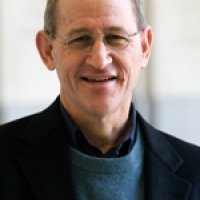
Michael Adler
Former Correspondent in Vienna for Agence France-Presse News Agency

Middle East Program
The Wilson Center’s Middle East Program serves as a crucial resource for the policymaking community and beyond, providing analyses and research that helps inform US foreign policymaking, stimulates public debate, and expands knowledge about issues in the wider Middle East and North Africa (MENA) region. Read more






